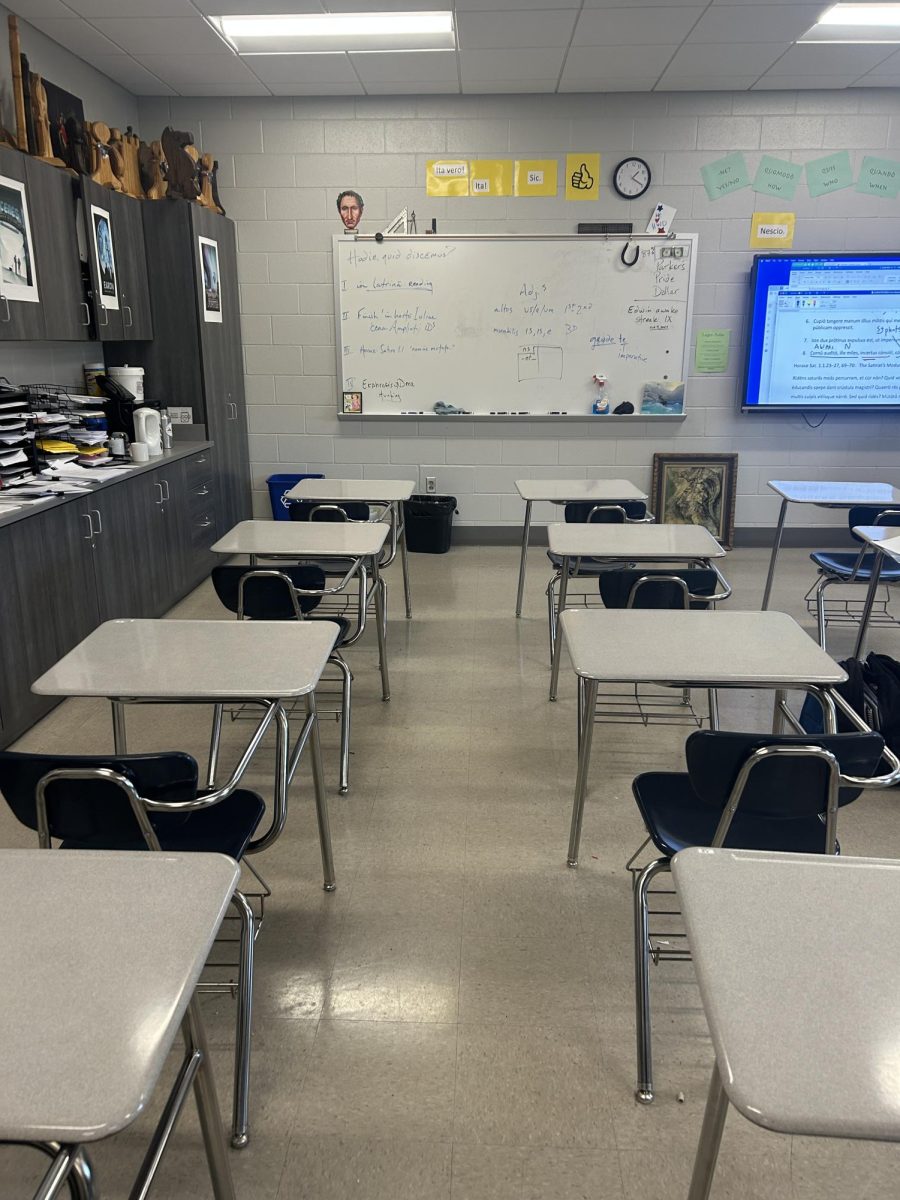The COVID-19 pandemic has made chronic absenteeism soar, becoming a significant concern for schools across the country.
According to an NPR article published this year titled, ‘With chronic absenteeism soaring in schools, most parents aren’t sure what it is,’ a student is deemed chronically absent if they miss just 10% of the school year, which translates to about two days a month.
As “perfect attendance” becomes increasingly rare, the Alabama Department of Education has stepped in with a plan to tackle rising absentee rates statewide.
One HHS student shared that she misses around 30 days each school year due to chronic migraines.
“I communicate with my teachers early in the year, so they’re understanding. But catching up can be overwhelming, especially after missing several days in a row.” She noted
For many students, the pressure to make up assignments and perform well on tests compounds the stress of absenteeism. Senior Loper Waters expressed his frustration about missing school and the makeup work he has to deal with.
“I’ve struggled after being absent, and it hurts my test scores. It’s just really hard to keep up.” He said.
Research from the University of Southern California’s Center for Applied Research in Education indicates that mental health issues among students were on the rise before the pandemic, but COVID-19 intensified these challenges.
School counselor Zach Butler remarked on these issues.
“It seems that many students who are frequently absent may be dealing with mental health issues including drug use or severe anxiety about school. The conversation around mental health has evolved, and we’re seeing more diagnoses linked to the isolation and stress caused by the pandemic.”
In response, Homewood High School has adopted stricter attendance policies to curb chronic absenteeism.
While this approach aims to address the issue, it raises concerns about how to support students facing legitimate health and emotional challenges.
A recent Youth Trust Survey of 500,000 students found that nearly half (48%) reported depression, anxiety, and stress make it difficult for them to do well in school, a substantial increase from 39% in 2020.
Ultimately, tackling chronic absenteeism requires a balanced approach combining accountability, compassion, and a supportive educational environment that prioritizes academic and mental health so schools can better serve their students and encourage consistent attendance.



























